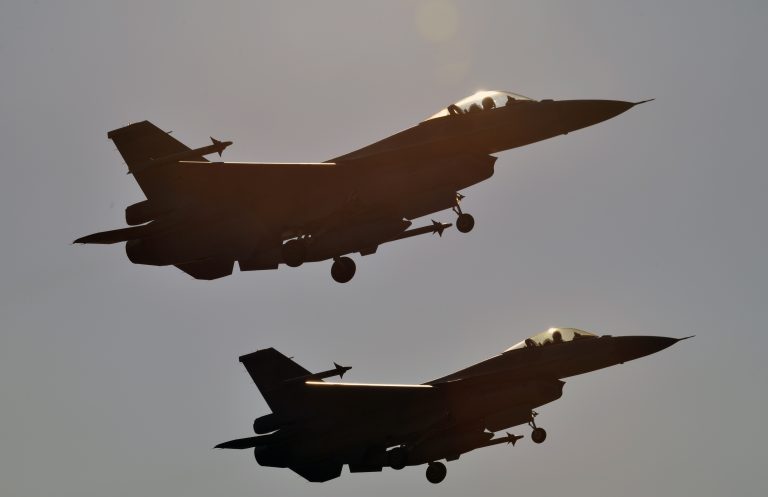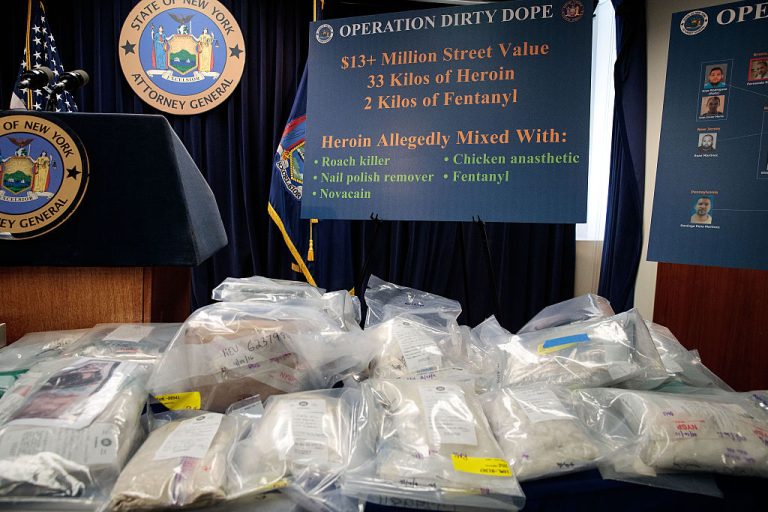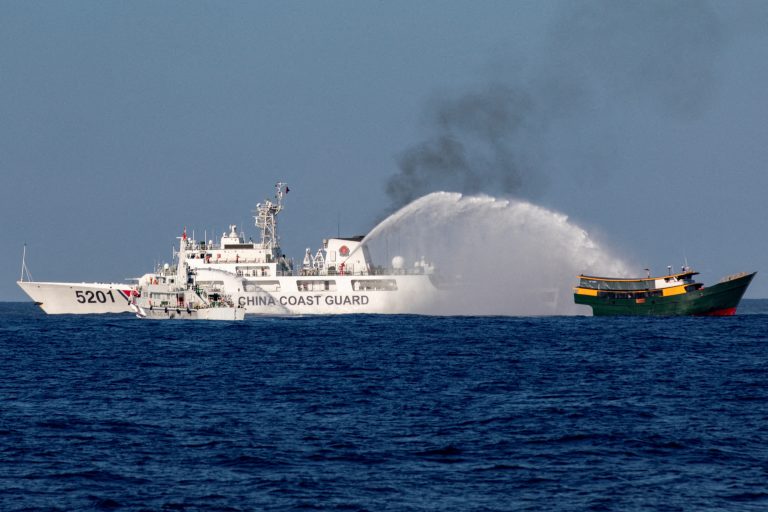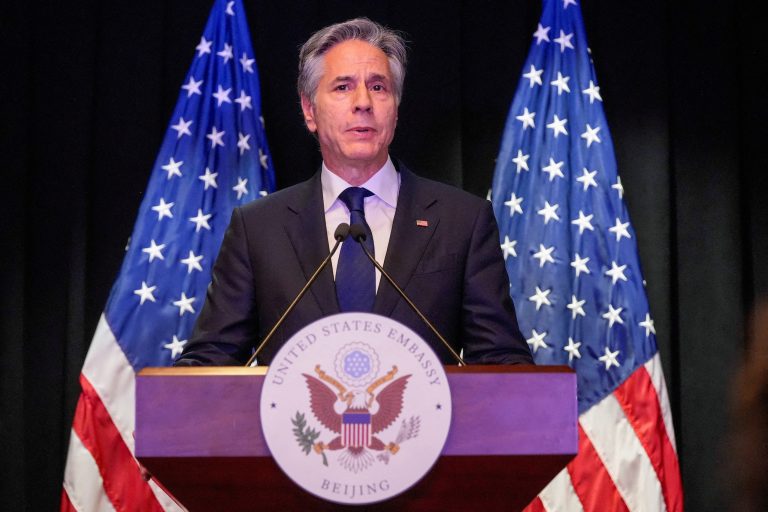In a Sept. 18 live interview on CBS’ “60 Minutes,” President Joe Biden said that the U.S. would unambiguously come to Taiwan’s defense “if in fact there was an unprecedented attack” by Communist China.
Asked whether Washington would send American troops to aid the Taiwanese in such a scenario, unlike with Russia’s invasion of Ukraine, Biden replied “yes.”
Though Biden did not define what an “unprecedented” attack on the island would look like, his comments marked the fourth time since May that he has assured the U.S. would “defend Taiwan militarily” if Beijing were to attack.
However, as with Biden’s previous statements, the White House was quick to walk back the president’s remarks — with aides insisting quickly after the CBS interview that Washington’s “One-China Policy” and “strategic ambiguity” on Taiwan had not changed.
In his interview, Biden also said that while the U.S. is “not encouraging their being independent,” Taiwan “makes their own judgments about their independence.”
Success
You are now signed up for our newsletter
Success
Check your email to complete sign up
Officially known as the Republic of China (ROC), Taiwan hosts a democratic government that once ran all of China before its 1949 defeat on the mainland by communist rebels. The ROC, which had its U.N. membership revoked after 1971, is not recognized by most countries — including the U.S. — which in accordance with the One China Policy has unofficial relations with Taipei but does not take a stance on its statehood.
However, polls among the island’s 23 million residents favor formal independence from China; sitting Taiwan president Tsai Ing-wen is of Taiwan’s major pro-independence party.
The Chinese Communist Party (CCP) does not recognize either the ROC or an independent Taiwan, insisting that any country wishing to pursue diplomatic relations with it must first break official ties with Taipei under its One-China principle.
Simmering tensions
Biden’s multiple statements implying that U.S. forces should directly aid Taiwanese troops against the People’s Republic of China (PRC) have grabbed headlines, as observers debated whether the president misspoke, or if the Biden administration has new plans for its relations with the ROC.
“I think we can all be pretty certain at this point that it was not a gaffe — four times in a row means that there [must] be people in the administration who think that by demonstrating a greater willingness to defend Taiwan, that’ll help reestablish deterrence,” Oriana Skylar-Mastro, center fellow at Stanford University’s Freeman Spogli Institute for International Studies told Politico.
MORE ON CROSS-STRAIT RELATIONS:
- US and China Defense Chiefs Butt Heads Over Taiwan Issue During First In-Person Meeting
- Biden: US Would Get ‘Involved Militarily’ to Defend Taiwan From Attack, But Washington’s Strategic Ambiguity of China Continues
- Pelosi’s Taiwan Visit Sharpens Tensions at a Bad Time for Beijing
- China Suspends Talks With US Over Pelosi’s Taiwan Visit, Ups Military and Diplomatic Warnings
- Taiwan Fires Shots at Mainland Chinese Drones, Warns of Counter-Attack if Territory Violated
The president’s promise that the U.S. would provide Taiwan with tactical support and military aid “breaks new ground” in his administration’s willingness to take a more “uncompromising approach” to the possibility of mainland Chinese aggression, Skylar-Mastro said.
Biden’s latest comments come as Beijing increases military and diplomatic threats against both Taipei and Washington, and following House Speaker Nancy Pelosi’s unscheduled, high-profile trip to the island on Aug. 2.
PRC diplomats have reacted explosively to both the California Democrat’s visit and Biden’s remarks, calling them a betrayal of America’s commitments and interfering with China’s internal affairs.
The mainland People’s Liberation Army (PLA) has increased its military drills and exercises off the Taiwan strait — which have included the firing of missiles that splashed into surrounding waters (vast amounts of which are disputed) — as well as the unauthorized use of drones near the coastline off Taiwan’s Kinmen islands.
Mainland spokeswoman Mao Ning told reporters during a press briefing on Sept. 19 that, “China reserves the right to take all necessary measures in response to activities that split the nation apart,” and would not tolerate any “wrong signals” from other governments.
“There is only one China in the world, Taiwan is part of China, and the government of the People’s Republic of China is the only legitimate government of China,” Mao added.
The end of strategic ambiguity?
Both Republicans and Democrats praised Biden for offering a robust response to Beijing, while others criticized his approach as being inconsistent and ill-conceived.
While officials of the former Trump administration framed the Taiwan issue in the context of advocating democratic reforms in all of China, the current U.S. authorities insist that U.S. policy has not changed.
According to Reuters, Biden critics argue China will perceive his comments as tacit support for an independence declaration, a redline for Beijing. They also say Biden’s comments are more likely to aggravate hostilities than overt defense commitments since Beijing already likely assumes Washington will defend Taiwan.
“It is incoherent to argue that America’s Taiwan policy has not changed while also claiming that the U.S. has a commitment to fight for Taiwan and that Taiwan makes its own judgments about independence,” said Craig Singleton, a China policy expert at the Foundation for Defense of Democracies. He added Beijing will likely worry that Biden is suggesting Taiwan can decide itself whether it is independent.
PRC leader Xi Jinping has made Taiwan a focal point of his own political program, insisting that the island’s being brought under Beijing’s rule is a part of the “great rejuvenation of the Chinese nation.”
According to some analysts, there is significant pressure on Xi from within the CCP regime to take a tough stance regarding Taiwan, if not mount an invasion outright.
Yuan Hongbing, a Chinese dissident and jurist with insider connections, said late last year that according to his contacts, at least one prominent pro-invasion hawk in the PRC establishment has been placed “under control” for questioning Xi’s fitness to serve as commander-in-chief of the Chinese military in its mission to “liberate” Taiwan.
Reuters contributed to this report.














